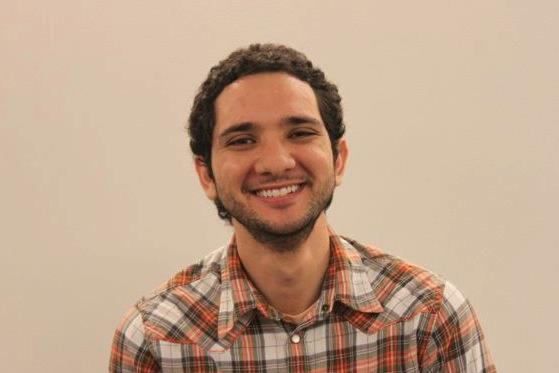Is Coffee Bad For You?

Get the world’s most fascinating discoveries delivered straight to your inbox.
You are now subscribed
Your newsletter sign-up was successful
Want to add more newsletters?

Delivered Daily
Daily Newsletter
Sign up for the latest discoveries, groundbreaking research and fascinating breakthroughs that impact you and the wider world direct to your inbox.

Once a week
Life's Little Mysteries
Feed your curiosity with an exclusive mystery every week, solved with science and delivered direct to your inbox before it's seen anywhere else.

Once a week
How It Works
Sign up to our free science & technology newsletter for your weekly fix of fascinating articles, quick quizzes, amazing images, and more

Delivered daily
Space.com Newsletter
Breaking space news, the latest updates on rocket launches, skywatching events and more!

Once a month
Watch This Space
Sign up to our monthly entertainment newsletter to keep up with all our coverage of the latest sci-fi and space movies, tv shows, games and books.

Once a week
Night Sky This Week
Discover this week's must-see night sky events, moon phases, and stunning astrophotos. Sign up for our skywatching newsletter and explore the universe with us!
Join the club
Get full access to premium articles, exclusive features and a growing list of member rewards.
Coffee has both positive and negative effects on the body and mind, but the benefits appear to outweigh the dangers for most people.
Let's start with the positives.
Research has consistently shown that coffee can reduce the risk of developing type 2 diabetes. In a review of 28 studies on the issue published in the journal Diabetes Care, researchers found that drinking six cups per day of either caffeinated or decaffeinated coffee can reduce therisk of developing type 2 diabetes by more than 30 percent.
Studies also suggest that copious amounts of coffee may help protect against various types of cancer, including skin cancer (basal cell carcinoma), liver cancer, aggressive prostate cancer and a type of breast cancer called estrogen receptor-negative breast cancer.
Additionally, coffee appears to help ward off stroke, depression in women and cognitive decline associated with Alzheimer's disease and Parkinson's disease. It has even been shown to lessen the pain of exercise.
On the other hand, unfiltered coffee —such as Turkish coffee, or coffee made with a French press —can increase your LDL ("bad") cholesterol levels. And women who drink more than five cups of coffee a day may have more trouble getting pregnant with in vitro fertilization than women who don't.
The caffeine in coffee can have several negative effects, such as temporary insomnia, nervousness, restlessness, irritability, stomach issues, rapid heartbeat and muscle tremors, according to the Mayo Clinic.
Get the world’s most fascinating discoveries delivered straight to your inbox.
In addition, a 2006 study in the Journal of the American Medical Association found that for people who metabolize caffeine slowly, drinking coffee can increase the risk of nonfatal heart attacks.
Finally, if you stop consuming caffeine, you may experience significant, life-interfering withdrawal symptoms, including headache, fatigue, irritability, depressed mood and difficulty concentrating.
Follow Joseph Castro on Twitter. Follow us @livescience, Facebook & Google+.

 Live Science Plus
Live Science Plus










